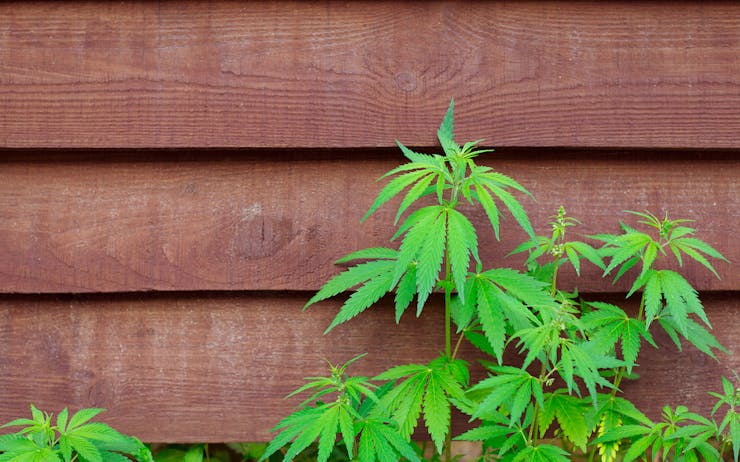DENVER (AP) — The nation’s most generous grow-your-own laws are closer to being curbed in Colorado, where the state House advanced a pair of bills Monday aimed at cracking down on people who grow cannabis outside the commercial, taxed system.
One bill would set a statewide limit of 16 marijuana plants per house, down from a current limit of 99 plants before registering.
The bill passed 65-10 after sponsors argued that Colorado’s generous home-grown cannabis laws make it impossible to tell whether someone is growing plants legally, or whether the plants are destined for the black market.
The other bill makes is a crime to grow recreational cannabis for someone else, an end to Colorado’s marijuana co-ops.
That bill cleared the House on an unrecorded voice vote, with one more vote required.
Colorado regulators have tried for years to stop people from growing large amounts of cannabis without state taxation or oversight. But because Colorado’s constitution gives people the right to grow as much as their doctors recommend, the state has had a hard time making that happen.
“We need to close this loophole,” said Rep. KC Becker, a Boulder Democrat and sponsor of the bill.
This year’s effort would say that marijuana patients can’t have more than 16 plants in a residential property. The change would force those patients to either move to an industrial or agricultural area, or shop at a dispensary.
Of the 28 states with legal medical marijuana, none but Colorado currently allows more than 16 plants per home.
Many Colorado jurisdictions including Denver already have per-home plant limits, usually at 12. But the lack of a statewide limit makes it difficult for police to distinguish between legitimate patients and fronts for black-market marijuana, bill supporters argued Friday.
“The time has come for us … to give law enforcement the guidance they need,” said Rep. Cole Wist, a Centennial Republican and another bill sponsor.
Marijuana patients have been flooding lawmakers with complaints about the bill, which was introduced just last week. The first hearing on the measure lasted until near midnight.
Lawmakers softened the bill by raising its original limit from 12 plants to 16 plants, and by saying that patients caught with too much cannabis in the house would face a petty offense, and felony charges only later.
But those changes weren’t enough for some Democrats, who argued in vain that it shouldn’t be a felony until the third offense to have too much cannabis in the home. They argued that the limits won’t hurt criminal drug operations, which could simply grow their plants in areas that aren’t zoned residential.
“A lot of patients are on fixed incomes. They’re ill,” said Rep. Adrienne Benavidez, D-Commerce City. “Cartels have the money to go rent warehouses.”
The resistance effort even brought one lawmaker to tears. Rep. Steve Lebsock, D-Thornton, held a stack of patient letters and said the change would hurt people who can’t afford to shop in dispensaries.
“We’re throwing patients in jail!” Lebsock cried.
But Republicans sided with other Democrats to prevail on an unrecorded voice vote. The bill faces one more formal vote next week before heading to the Senate, where its prospects are strong.
A companion bill — to give law enforcement more money to sniff out illegal growers — is awaiting a House vote Monday.
Gov. John Hickenlooper backs the plant crackdown and has called on lawmakers to send him a statewide limit.





